“How I show up in the world has completely shifted.”
Elisa Muñoz-Miller has seen her life and leadership journey reach new heights over the past decade. In a short time, she’s seen her personal transformation evolve into city-wide systems change. Muñoz-Miller leads a food revolution that’s changing the landscape of New Orleans, with a laser-like focus on ensuring that children and families have access to locally-sourced, healthy and affordable foods.
“Equity plays a really important role in the work that we do. We want to create policy that allows for all children and all families to have fresh, healthy food,” says Muñoz-Miller.
Fourteen years after Hurricane Katrina, the city continues to recover. While there are as many grocery stores in the city now as there were before the hurricane, most are concentrated in higher-income neighborhoods leaving a large proportion of residents without access to healthy foods. Muñoz-Miller is concerned about what this means for the city’s youngest residents.
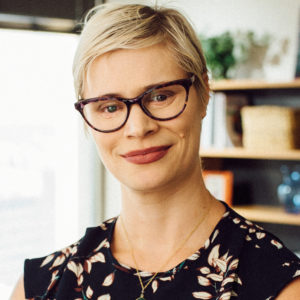
Elisa Muñoz-Miller
Executive Director of the New Orleans Food Policy Advisory Committee
Child Poverty Rates (%)
Source: The Data Center analysis of U.S. Census Bureau data from Census 2000 SF3, the 2007 American Community Survey, and the 2013 American Community Survey 1-Year Estimates.
“Thirty percent of our children aren’t sure if they’re going to have food on their tables, much less if it’s going to be fresh, healthy food,” says Muñoz-Miller. According to the Data Center, one in three children in New Orleans lives in poverty. “The food that you get during the ages of 0 to 5 really sets you up for success or not. We are not very good at feeding our children in this city. So, we’re not setting them up for success.”
Muñoz-Miller leads the New Orleans Food Policy Advisory Committee (FPAC), a broad-based coalition of more than 40-member organizations, businesses and individuals who work, eat and sell food. FPAC strategically focuses on shaping public policy through education, advocacy and programming.
In 2014, when she joined the New Orleans W.K. Kellogg Foundation Community Leadership Network (WKKF CLN) cohort, Muñoz-Miller was a budding food justice advocate. The fellowship placed her on a fast track toward executive leadership. “It was so transformative in my life and in my leadership skills,” she says. “It gave me the confidence and the network to really grow.”
As a former urban farmer and farmers market manager, she became executive director of FPAC in 2015. And today, she’s using her skills, influence and network to advance racial equity and combat food insecurity.
Muñoz-Miller says issues of housing and the high cost of living have pushed people out of the city into areas without access to fresh food. “We’re working really hard on trying to not only make sure that folks have access and we have grocery stores, but we’re trying to get food to where people already are.”
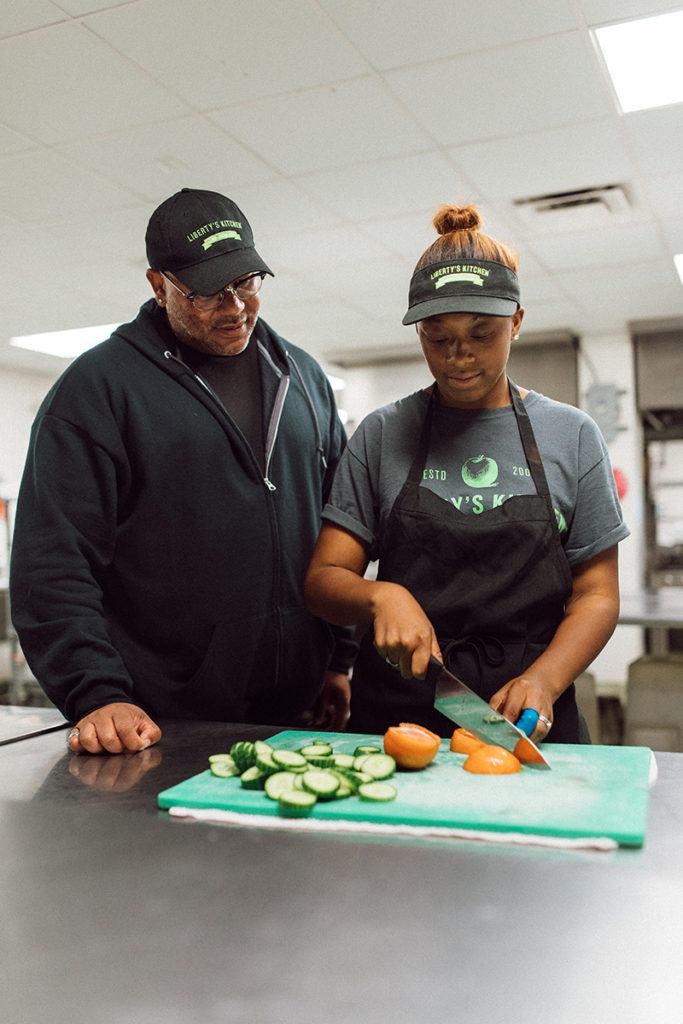
A new city ordinance to limit the proliferation of discount/dollar stores and provide incentives for full-service grocery stores in neighborhoods with limited food options creates an opportunity to open more floor space for fresh and unprocessed foods. The city councilwoman who introduced the proposal, Cyndi Nguyen, also is a WKKF CLN fellow.
This effort is one of the many outcomes of FPAC’s Fresh Food Retailer Initiative, which focuses on increasing the number of fresh food grocery retailers in New Orleans. The Fresh Food Retailer Initiative provides low or no-cost loans of up to $1 million to grocery stores that will stock fresh food in the city. Its first loan reopened a Circle Food Store, then later a Whole Foods. More than $13 million has been awarded in loans since 2011.
In addition to promoting fresh food grocers, FPAC is supporting local food businesses, food procurement, and farm to schools, hospitals and universities. “We also want to make sure that if people want to start a small business with food, that they are able to do that,” says Muñoz-Miller.
“We’re kind of feeding both sides of it. Not only can you have fresh, healthy food, but you can also be part of the economy that makes food and that grows food.”
Elisa Muñoz-Miller Tweet
Muñoz-Miller is proud of the impact she’s made and credits her WKKF CLN cohort roots and network.
“We are helping the city in a myriad of different ways,” she says. “We have someone in the mayor’s office, we have Cyndi Nguyen on the city council, we’ve got people all over. Because of this, we’re impacting systems-level and individual level.”
More WKKF CLN Stories:
Learn more about the WKKF Community Leadership Network, explore the program experience and meet the Class Two fellows at wkkfcln.org.

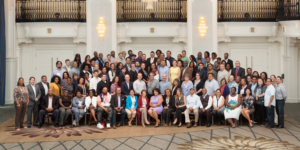
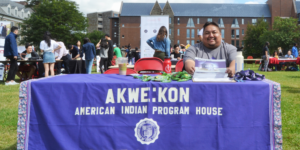
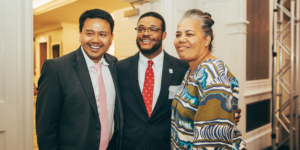
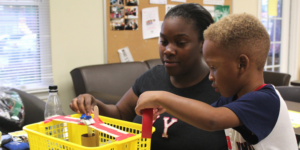
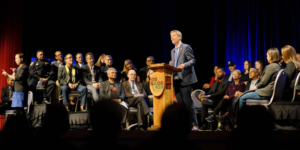

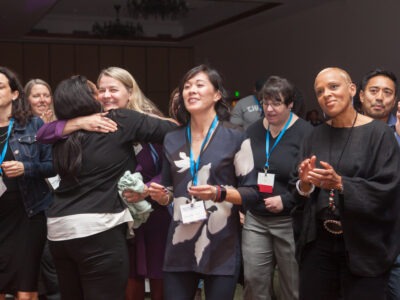
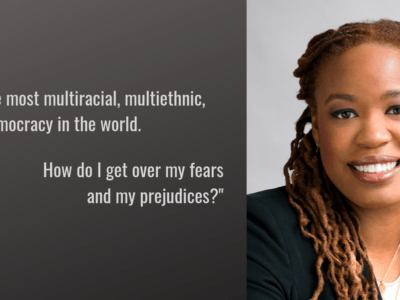
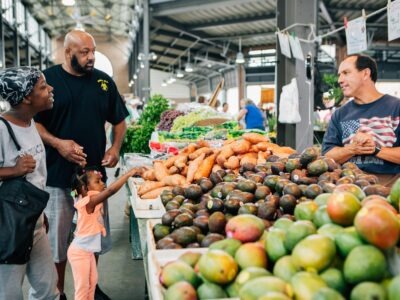

Comments